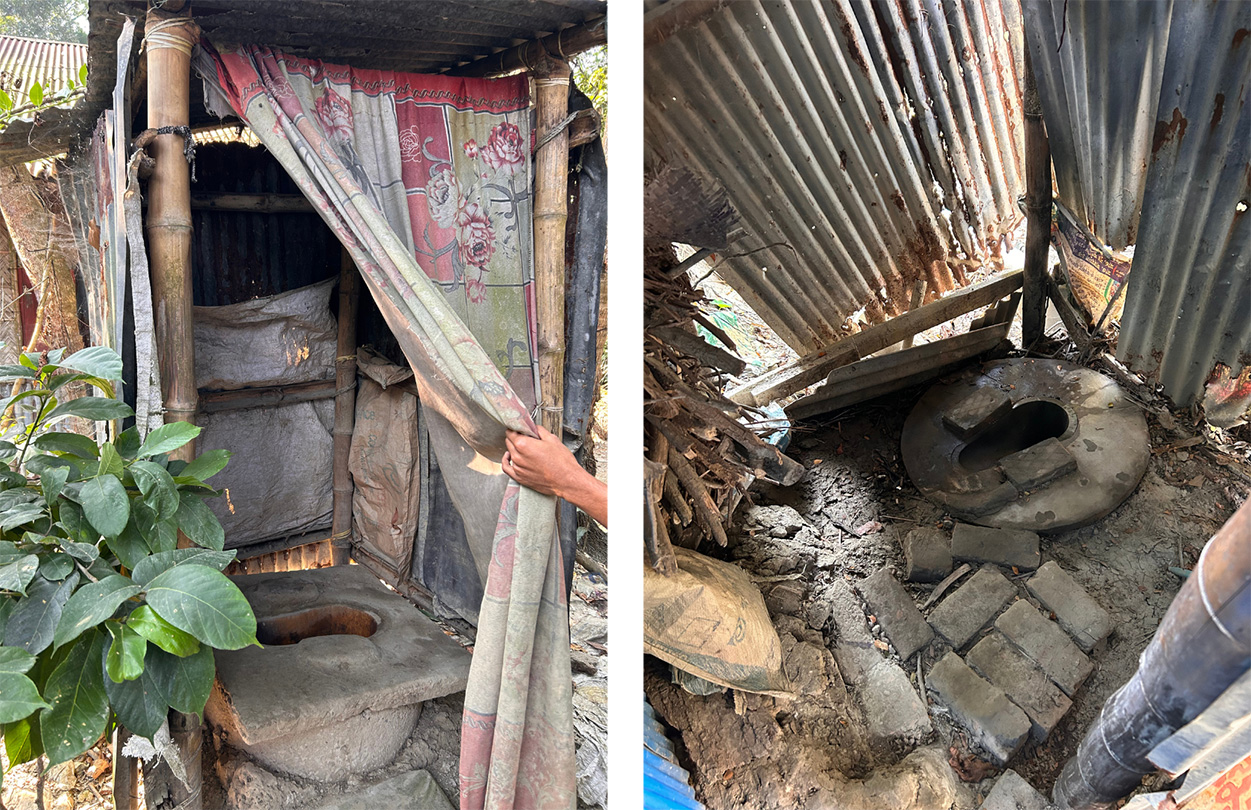Sanitation and Dignity: Why Toilets Matter for Adolescents
Meet Shanti – A Story That Reflects Millions
Shanti just turned twelve. She lives in a small mud house in a remote village, miles away from the Bay of Bengal. Life isn’t easy for her family. Her father, a daily wage laborer, struggles to find work, and her mother juggles household chores while caring for Shanti’s younger brother, Kiran, who has a physical disability.
Water is a daily battle. The nearest clean source is a few miles away. The wells closer to home? The water causes rashes if used for bathing and stomach illnesses if consumed. As for a toilet, there isn't one at home. The village has a shared latrine, but it has no proper door-just a plastic sheet for cover. It’s unsafe, dirty, and difficult for Kiran to access. Shanti dreads using it. At night, her mother doesn’t allow her to go at all.
Last month, something changed for Shanti—she got her first period. But instead of feeling prepared, she felt ashamed. With no money for sanitary pads, she had to use old cloth. No private space meant sneaking out at night to wash and dry them in secret. Now, here’s the thing—Shanti doesn’t exist. But in reality, millions of girls like her do.
The Harsh Reality of Poor Sanitation
According to the WHO, over 1.5 billion people worldwide lack basic sanitation. Shockingly, 419 million people still defecate in the open. The result? Preventable diseases that claim over half a million lives each year. It’s a silent crisis-one that disrupts health, education, and dignity.
For adolescents, the impact is severe. Imagine going to school with no proper toilets. No handwashing stations. No safe place to manage periods. Many girls stay home for days each month, missing valuable lessons. Over time, this absenteeism leads to dropping out altogether. Without education, their future choices shrink, and in many places, this means early marriage and lost opportunities.
And it's not just about girls. Children with disabilities often have no accessible sanitation options, pushing them further into isolation.
The Cost of Ignoring the Problem
Lack of sanitation isn't just a health crisis; it's an economic one too. In 2011, the World Bank estimated that poor sanitation costs India a staggering $53.8 billion annually. But here’s the good news—investing in sanitation has a huge return. Every dollar spent on proper toilets and hygiene yields five times the benefits in improved health, productivity, and education.
What Needs to Change?
- 1. Safe and Private Toilets – Every adolescent needs access to clean, secure, and gender-sensitive sanitation facilities, both at school and home.
- 2. Water and Hygiene Infrastructure – Rural schools must have running water, functional toilets, and handwashing stations.
- 3. Breaking Taboos – Periods aren't a secret; they’re natural. We need open conversations and free access to menstrual hygiene products.
- 4. Inclusion Matters – Sanitation facilities must be accessible for people with disabilities.
- 5. Community Action – Girls’ clubs, hygiene workshops, and awareness programs can empower adolescents to demand better facilities.
We cannot expect adolescents to invest in their future if we don't invest in their present. Access to clean toilets is more than a basic need-it's a fundamental right that shapes health, education, and dignity.
 Images by Virgil during his field visit - Sanitation conditions in rural India and Bangladesh, highlighting the urgent need for improved facilities.
Images by Virgil during his field visit - Sanitation conditions in rural India and Bangladesh, highlighting the urgent need for improved facilities.At empowHER India, we believe no child should have to choose between education and basic hygiene. Through our SAPHL (Sanitation Access Program for Hygiene Literacy) program, we are working to ensure every school has clean, safe, and accessible toilets, handwashing stations, and menstrual hygiene support. We are also conducting workshops to break taboos, educate adolescents about hygiene, and empower girls to advocate for their needs.
Join us in making a difference. Support empowHER India's mission to build a future where every adolescent can live with dignity, health, and confidence. Together, we can ensure that no child’s education is disrupted because of inadequate sanitation.
Learn more and get involved at https://empowherindia.org/program-wash.html
ABOUT THE AUTHOR:

Virgil LePrince
With three years of experience in the humanitarian sector, Virgil LePrince has coordinated and supervised SAPHL programs across Bangladesh, India, and Indonesia. Before joining the field, He earned two master's degrees in political, social, and cultural sciences from the University of Caen Basse-Normandie and Sciences Po Toulouse in France. His mission? To ensure that basic sanitation is no longer a privilege but a right for all.

